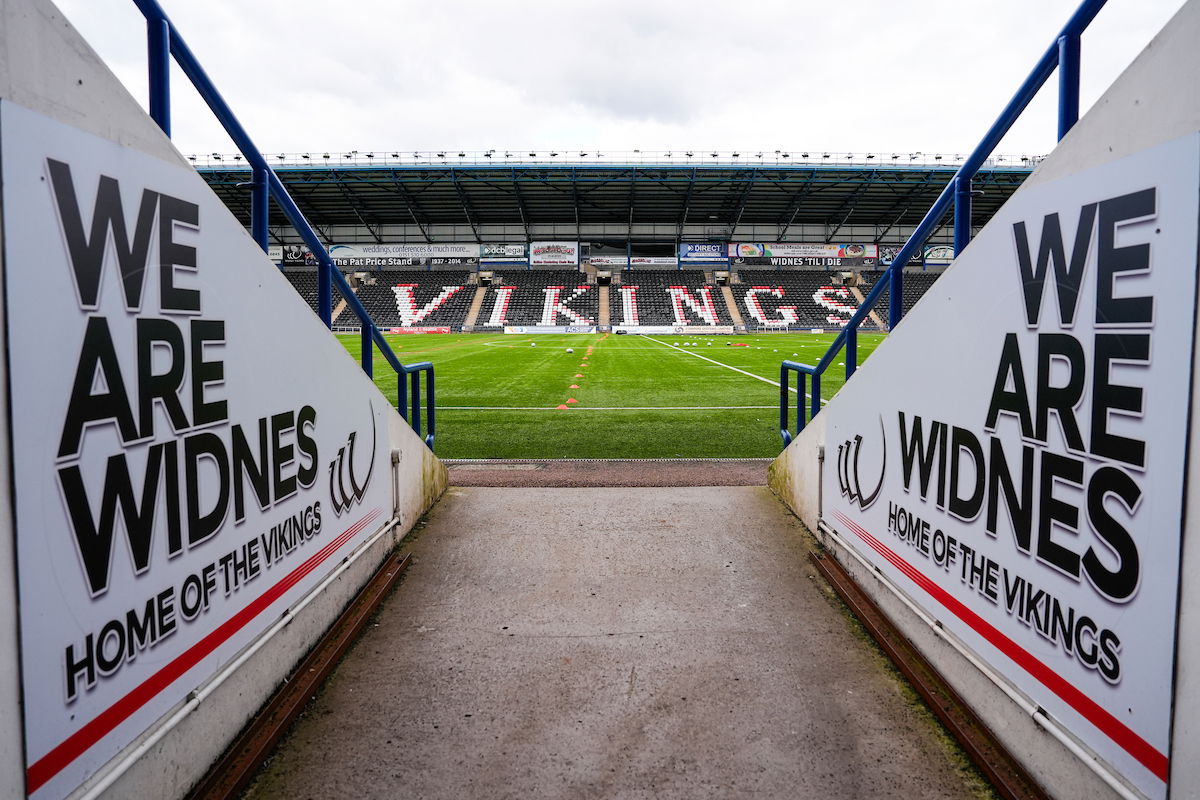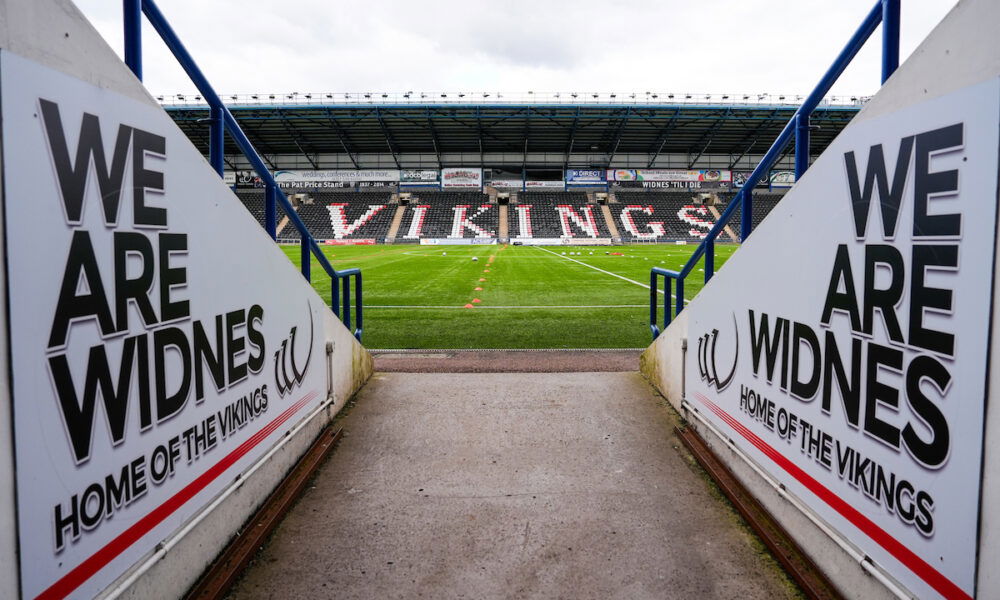
Widnes Vikings chairman Stuart Murphy has spoken out on his Championship side’s ambition to become a Super League team in 2026, and how they believe they would be a valuable asset to the soon-to-be expanded league.
On the day that Super League announced it would be going to a 14-team competition, the Vikings released a statement outlining their ambitions to return to the competition they last took part in 2017. This week, they have released another statement once again confirming their intentions, as they prepare to put a formal bid together that shows what value they believe they would bring to the top tier.
Murphy revealed that a longer-term plan was in place to achieve Super League status, but the recent expansion has brought things forward for the Championship club.
“We had a six-year plan all along”, said Murphy, speaking to BBC Sport Merseyside. “I know we are only 12 months into that but the idea was that we were doing it to remain sustainable and remain financially stable all the way through. This opportunity has presented itself now, and there’s no reason why we can’t go for it, it’s just elevating that plan that we already had in place.”
On his plans to put together a bid for 2026, he added: “We’ve now got a working group together within the club here and external people as well so that we can put together our super league application. Basically, it’s a bid to say why we would be a valuable asset to an extended Super League.
Widnes Vikings chairman believes club are “joint 14th” in overall rankings
In the 2024 IMG ratings, the Vikings sat 22nd of all clubs, the second lowest Grade B side. However, calculations done by the club have led them to believe that they score will be much higher this time around.
“We don’t know what other teams have done but using the information that we know, or would presume, we think we would be joint-14th. Using 2025 data on the 2024 criteria, we would be joint 14th” said Murphy.
It is worth noting that Widnes are one of the many clubs in the Championship that are still part time, and a promotion to Super League would come at a hefty financial cost.
Murphy revealed that the two main criteria the clubs would be judged on were finances, being fully sustainable and able to stand on their own two feet, and on-field performance, putting out a competitive team each week that would add value to Super League.


